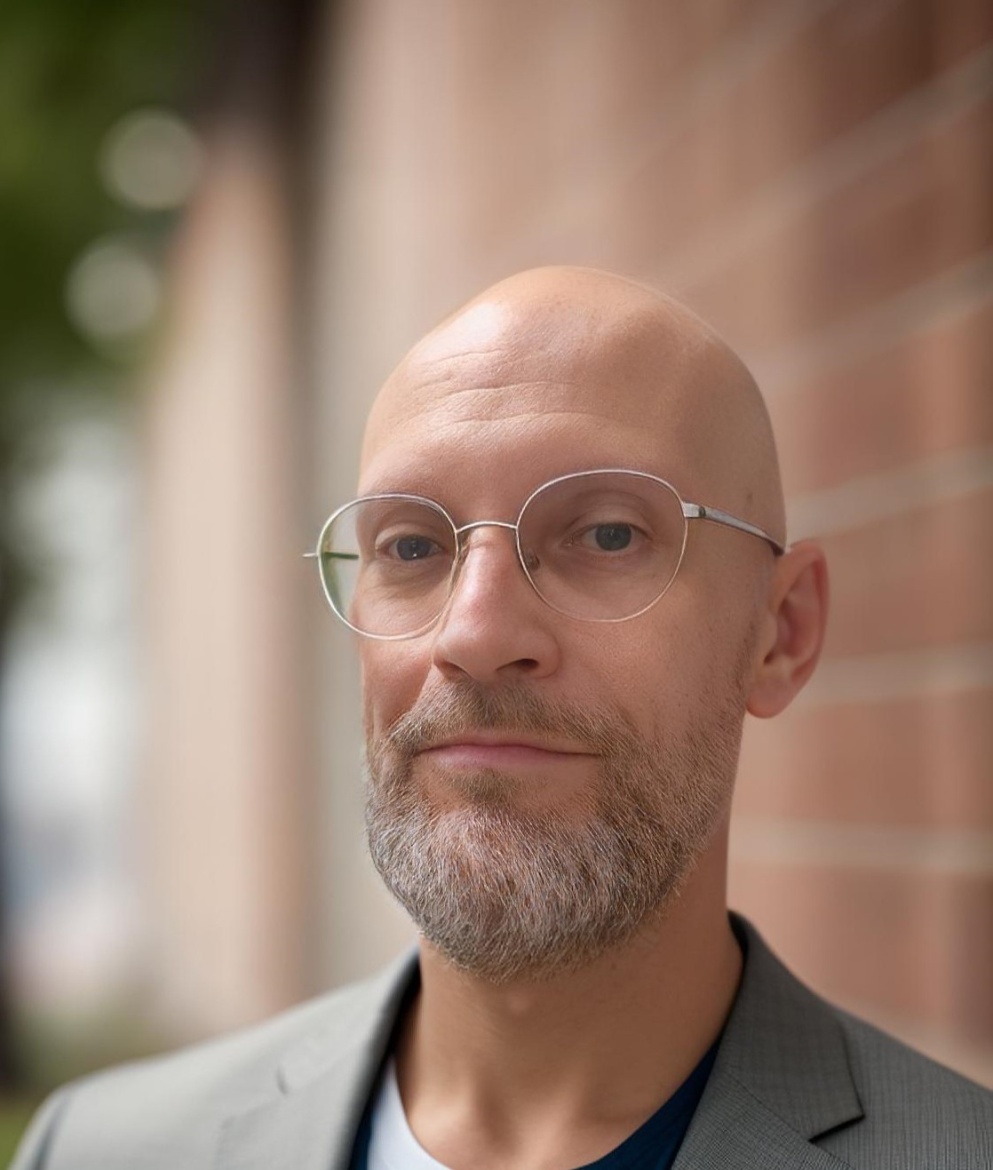Any willing provider?
As we settle into a new decade, a new government, and a new and austere economic climate we face potentially radical change to society in general and to national healthcare provision in particular. The NHS reform bill (1) (2) is creating much heat (and maybe limited light at present (3), while the government's 'Big Society' strategy, emphasising the role of voluntary and local community groups in addressing social needs, is gaining much attention. (4) In addition, last year's Papal visit re-ignited the debate about the role of faith in society, with the government proclaiming that it did 'do faith'. All these factors suggest a sea-change, not only in how healthcare will be delivered in the UK, but in the attitude to Christians being involved overtly in delivering it.
Precedents
In times of change I always find it good to hark back to the wisdom of The Philosopher who counselled that 'there is nothing new under the sun'. (5) We have walked a similar path in the past. In the 18th and 19th centuries there was no national healthcare system; life for the poor and marginalised in society was 'nasty, cruel and short'. Into that environment stepped a series of Evangelical social reformers – Wilberforce, Shaftesbury, Barnardo, Booth, and Nightingale, among others. These men and women were inspired and profoundly influenced by Scripture and their Christian faith, and did a huge amount to change the society around them. They paved the way for the reforms that led to the founding of our modern educational, welfare and healthcare systems.
The 1948 advent of the NHS changed many things, moving church hospitals into state control, secularising healthcare and making it universally available. It is worth noting that at the time many Christians opposed this, just as many today would be the first to stand up and defend the NHS.
After 60 years the NHS has become an embedded part of our national life and culture. Love it or hate it, we cannot be indifferent to it. The NHS is where most of us work; most of us were born in it and had our own children under its care. We will have seen our elderly relatives cared for at their lives' end, and indeed it will be by the NHS that most of us will be cared for in our last days. It touches the lives of our nation in a way no other institution does. But as Christians we have largely been excluded from its essentially secular structures. Yes, we have Christian GP practices and chaplains, but our voice and input are mainly kept at the edges.
Christian service in the 'Big Society'?
That looks likely to change however, if the 'Big Society' thrust of the coalition government becomes a reality. The government says it is seeking to engage local communities, churches and small, self-organised collectives of health professionals with the running and provision of essential services. At the same time the Health and Social Care Bill is looking at a radical restructuring of the NHS to devolve more power to GPs, and create more space for private and voluntary sector organisations to be involved in providing services and supporting GPs in their new commissioning role.
Following the Papal visit which brought to the fore a long marginalised debate about the role of faith in the public square, the government has gone on record acknowledging the important role of faith in the life of our nation, and they say they are keen to involve churches and Christian organisations in the Big Society. (6)
It would seem that we are at a kairos moment – a time in which God is opening doorways for his people to respond. But in what ways can we engage with these opportunities?
An example
In north Manchester CMF member Tim Lyttle, along with several other Christian leaders and health professionals, responded to Lord Darzi's NHS review by setting up a social company to tender for contracts for new primary care practices. They were awarded four contracts, in some of the most socially deprived communities in the area.
The company, now called Hope Citadel Healthcare, (7) has grown from five founders to over 70 staff, including 14 GPs and six nurses. There is a team of healthcare assistants who also have a role in health promotion and education. They have strong links with two local Christian charities – EDEN (8) and Inspire Middleton (9) – involved in social transformation work in the north of greater Manchester, with the aim of responding 'holistically' to the considerable needs of these communities through more than just traditional GP services.
While the basis of Hope Citadel is firmly Christian, they do not exclusively employ Christian staff at any level, nor do they only work with Christian charities and community groups. However, it is from the churches of north Manchester that they have drawn many of their staff and volunteers, although getting Christian GPs involved has been a big struggle.
Tim is very up front about it being a Christian company: 'We are faith based, but in no way faith biased – we have been criticised for being a Christian organisation and many people have come to us expecting prejudice, but in terms of patients and staff we show no partiality. We do want to give Christian doctors and health professionals a chance to work out their faith in a supportive, Christian environment. Our main aim is not evangelism or praying with patients, but more to work with the church for transformation in local communities, investing in the wider Christian witness, not just in personal witness.' As such Tim says he sees this work as a form of transformational mission, giving the local church an opportunity to engage meaningfully with the NHS.
As Hope Citadel seeks to consolidate and build local networks after rapid growth in just three years, they are looking to the long term and at the opportunities to partner with other groups doing similar work in other parts of the UK.
Christian social enterprise
This is one example of Christian social enterprise, delivering whole person healthcare in response to a specific opportunity. But many more such opportunities are likely to open up in the next few years. Are we already thinking about new and creative ways to engage with our churches, denominations and other Christian organisations to have a positive influence?
Should we be finding ways of tackling many of the spiritual and social roots of the health problems in our society, such as obesity, diabetes, mental and sexual health, and not just dealing with their consequences? New ideas such as Parish Nursing (10) – developing a community health programme within churches – and new grassroots social enterprise models could engage Christian business people and managers in reshaping healthcare. The NHS Bill also creates the opportunity to form new collectives of Christian health professionals providing services in local communities. These are just some of the options to consider and explore.
Caveats
There are many factors to weigh in the balance before we jump in. First is the danger of having to compromise by 'accepting the King's shilling' – being constrained by strings attached to funding that limit our room to work from a Christian ethos. Also, are we in danger of colluding with an agenda that seeks to provide public services on the cheap by outsourcing to the 'voluntary sector'?
There is a further danger that some Christians become so caught up in social service provision that we lose sight of our call to make disciples. But at the same time, have we caught a clear vision of a biblical, transformational mission that does not separate witness from service?
We need to weigh these questions seriously, but if we ignore this kairos moment, we run the risk of missing a real opportunity that God seems to be providing for us to be real salt and light (11) in our society. Let's bring God's people back into a real engagement with the NHS.
Formerly a nurse working in HIV/AIDS, Steve Fouch is CMF Head of Allied Professions Ministries
































